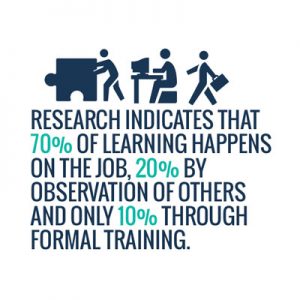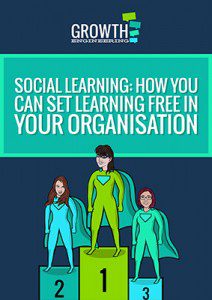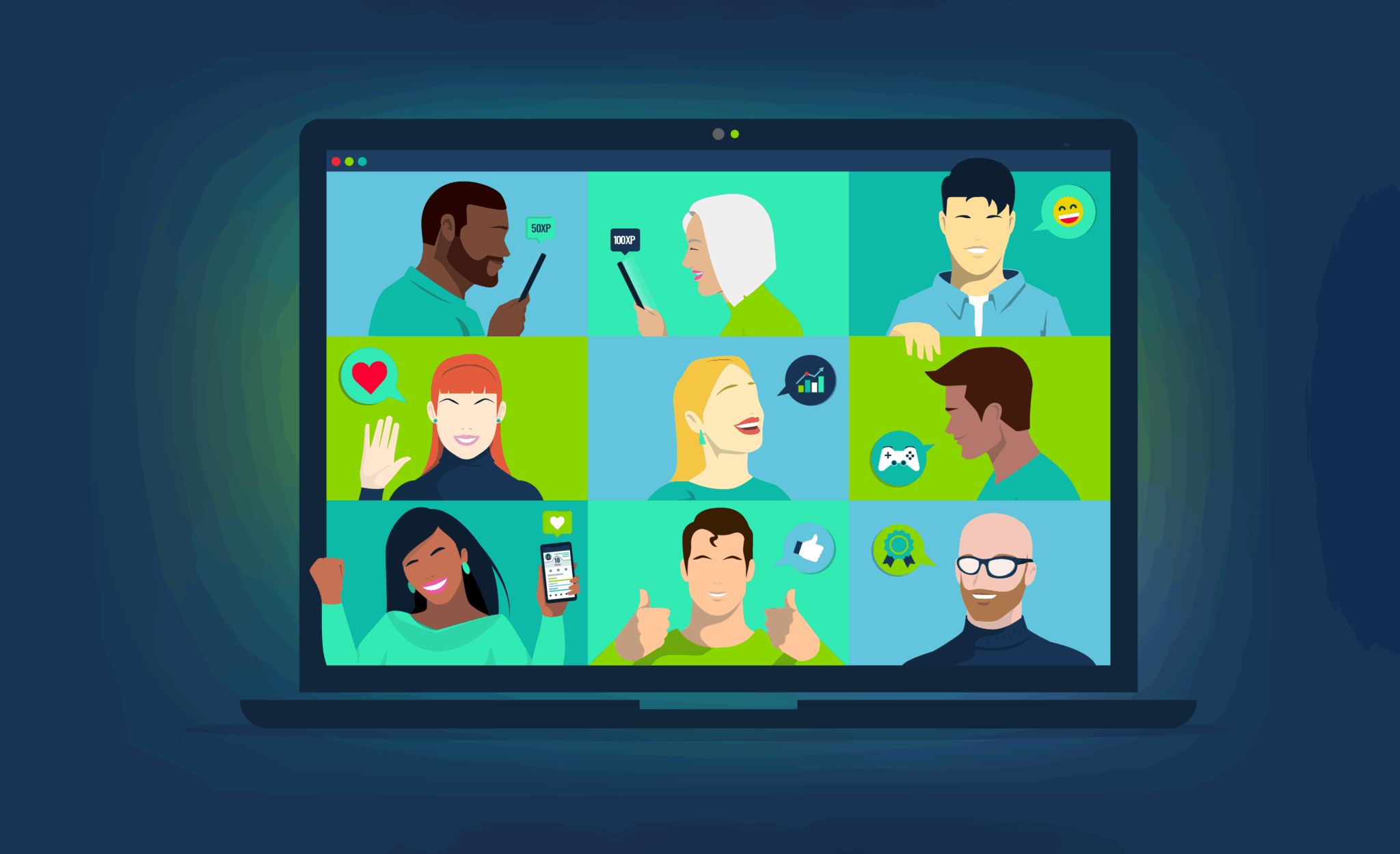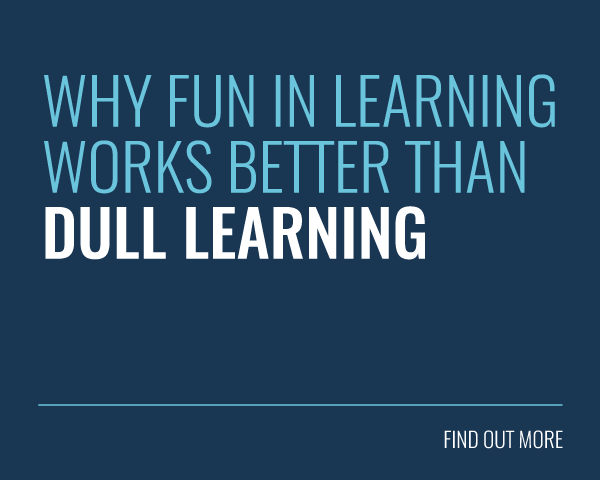Technology is advancing at such an alarming rate that by the time you get to the end of this article, we’ll need to revise it to include some other amazing new breakthrough! It’s a little bit scary, but it’s also an exciting time to be alive.
Each new advance has an impact on every facet of life and professional development is no exception. With an ever-changing world comes a job market that’s constantly in flux. The skills that were relevant ten years ago might well mean nothing today. On the other hand, skills that were overlooked in the past are now becoming more and more important.
In a recent report by the World Economic Forum, it’s predicted that creativity will be among the top three most desirable skills by 2020, just behind complex problem solving and critical thinking. This shouldn’t come as a surprise to anyone. Just think about the last time you had to think outside of the box to solve an issue you’d never encountered before.
If you want to survive in the 21st century, you can’t afford to stick rigidly to what you think you know. You need to be flexible and you have to be able to think on your feet.
Creativity and L&D
This reality is slowly dawning on the Learning and Development community. Learning managers are responsible for ensuring that all employees are equipped to deal with whatever their jobs throw at them. If they can’t provide a training programme that meets their learners’ needs and demands, then the whole business can suffer as a result.
 Of course, the foundation of any training programme needs to have some kind of stability and here, formal training still has its place. But this formal training only counts towards 10% of what people learn at work. Building a training programme solely on formal learning is, at best, risky but mainly, it fails to recognise the reality of the world that learners live in.
Of course, the foundation of any training programme needs to have some kind of stability and here, formal training still has its place. But this formal training only counts towards 10% of what people learn at work. Building a training programme solely on formal learning is, at best, risky but mainly, it fails to recognise the reality of the world that learners live in.
As learners are demanding a different kind of training, the old order of prescriptive training is dying out and a new breed of learning professional is taking over. They realise that in order to create a truly effective learning programme, they need to cater for the skills that learners really need.
Informal learning refers to all learning that happens outside of the formal learning structure. It includes learning gained from practical experience and from interacting with fellow employees. This type of learning encourages creativity and organic learning. It capitalises on the best minds within your business and uncovers learning that might otherwise have gone untapped.
Unlocking Informal learning
There’s always a ‘but’ though, isn’t there? The very nature of informal learning means that it’s a very tricky thing to tie down. As a learning manager, you can’t create an informal learning programme, at least not in the same way you would create traditional learning. Because it’s such an elusive beast, few companies have managed to use it effectively and reap the benefits.
Creativity is something that thrives in a group. An idea from one person sparks a realisation in somebody else, which inspires someone else, and so on. Before you know it, you have an avalanche of great ideas! A social LMS goes a long way to unlocking the potential of informal learning and helping learners develop skills, like creativity, which are notoriously difficult to formalise.
 This technology builds on the traditional Learning Management System by adding features more common to a social network. Instead of merely spoon-feeding content to learners, they have the chance to comment on the training, ask for clarification, answer questions and ultimately build upon the formal training.
This technology builds on the traditional Learning Management System by adding features more common to a social network. Instead of merely spoon-feeding content to learners, they have the chance to comment on the training, ask for clarification, answer questions and ultimately build upon the formal training.
Our Academy LMS is a gamified learning platform that uses social functionality to secure learner engagement. It ensures that, if one learner finds a creative solution to a problem, they can share it with their peers. This means that the knowledge doesn’t just get lost and can actually contribute towards the overall knowledge within the organisation.
If you want to find out how Social Learning can benefit you, download our white paper by clicking the image.








